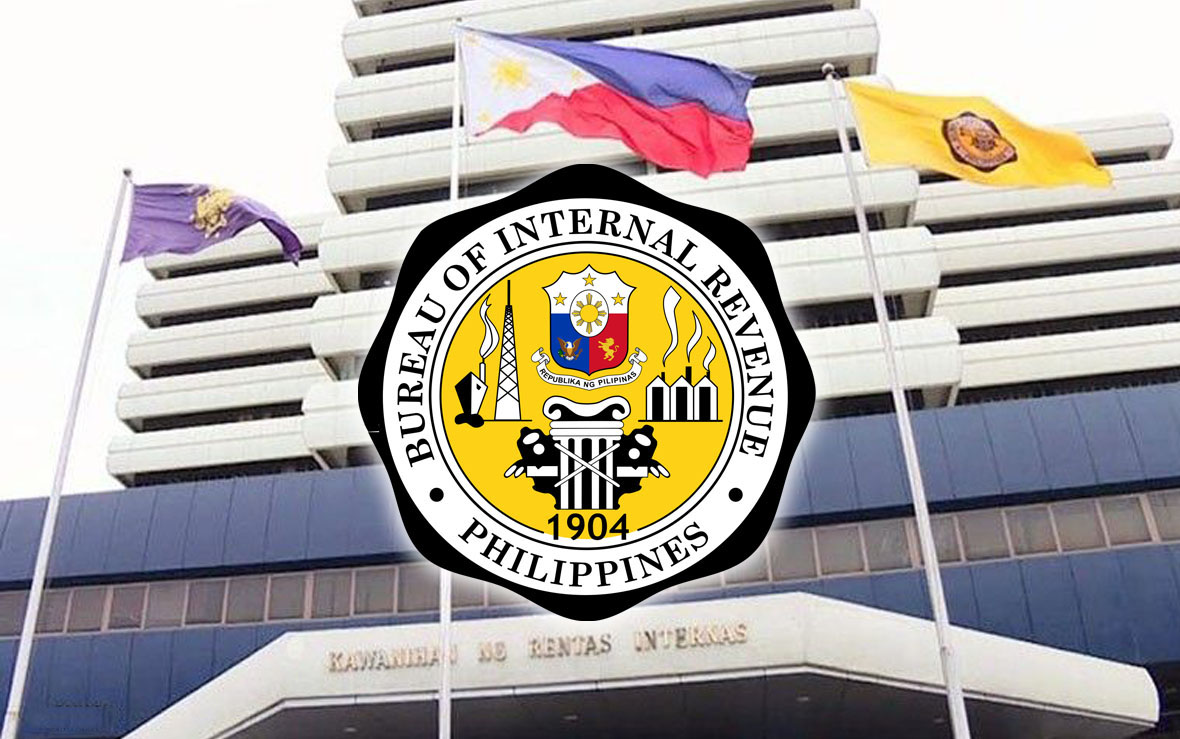The Taxpayer Identification Number (TIN) is a unique identifier assigned by the Bureau of Internal Revenue (BIR) to every taxpayer. It is a crucial component of the tax system that enables the BIR to monitor and track taxpayers’ compliance with their tax obligations.
The law stipulates that only one (1) TIN should be assigned to a taxpayer. The acquisition of multiple TINs by a taxpayer is a serious offense that can lead to legal repercussions and significant revenue losses for the government. The offender will pay a fine of One Thousand pesos (P1,000.00) or suffer imprisonment of not more than six (6) months or both.
Any individual who secures more than one TIN is violating the National Internal Revenue Code of 1997, as amended. Said act is punishable by law, and the offender may face criminal liability under Section 275 of the said Code.
Aside from the criminal liability, individuals who obtain more than one (1) TIN may face difficulties in their financial transactions, such as when opening a bank account or applying for a loan. Moreover, having more than one (1) TIN can lead to confusion and errors in the filing of tax returns, which can result in penalties and additional taxes owed.
If an individual has inadvertently acquired multiple TINs, it is necessary to rectify the situation immediately by requesting for cancellation of the TINs issued to the taxpayer. The taxpayer shall submit BIR Form 1905 to request for the cancellation of the TIN to the RDO where the taxpayer is registered.
“The BIR continuously reminds every taxpayer to be vigilant in keeping track of their TINs and ensuring that they are not duplicated. This will surely help maintain the integrity of the tax system and promote a fair and equitable tax environment. The BIR has implemented measures to identify and prosecute individuals who violate the TIN provision”, said BIR Commissioner Romeo D. Lumagui Jr.

